Jamb Subject Combination for Mass Communication: Media, journalism, and communications degree programs have become highly popular in Nigeria due to society’s reliance on mass media. Gaining admission to competitive mass communication courses requires careful selection of relevant JAMB subject combinations. This extensive guide covers suggested combinations, key criteria for choosing subjects, variations among institutions, and expert tips to help prospective students craft the optimal combination.
Overview of Mass Communication Program
Mass Communication involves the study of processes and principles involved in mass media creation, transmission and reception. It equips students with knowledge and skills for careers in both mainstream media and corporate communications.
The Bachelor’s degree program in Mass Communication is offered in many Nigerian universities as a 4-5 year course. Admission into Mass Communication is through JAMB UTME. Candidates must have the right subject combination in WAEC/NECO and also meet the cut-off marks.
Join any of our Social Media Pages to receive Latest Updates!Mass communication focuses on creating, disseminating and analyzing information through media platforms to mass audiences. It equips students with knowledge and skills in areas like:
- Journalism
- Broadcasting
- Public relations
- Advertising
- Media laws and ethics
- Photography
- Cinematography
- Sound engineering
- Digital and social media
Graduates can work in media houses, PR firms, advertising agencies, broadcasting, corporate communications, public service, etc. in roles like journalists, correspondents, editors, anchors, digital marketers, publishers, etc.
Programs provide a mix of theoretical knowledge and hands-on training using studios, radio stations, TV equipment, publishing software etc. The curriculum includes courses in social sciences, arts and humanities focused on enhancing creativity, critical thinking, analytical abilities and communication expertise.
Subject Requirements for Mass Communication Programmes
To be eligible for admission into Mass Communication and related degrees in Nigeria through UTME, candidates must have:
a) 5 Credit O’level Passes
Including English Language, Mathematics, and any other three subjects preferably from humanities, social sciences or commercial courses.
Join any of our Social Media Pages to receive Latest Updates!b) Acceptable UTME Score
Minimum UTME score is 180 but specific cut-off marks may vary across institutions. You must also attain the departmental cut-off mark.
c) Relevant UTME Subjects
You must register and sit for UTME in subject combinations suitable for studying Mass Communication. Let’s examine recommended options.
Recommended O’level Subjects for Mass Communication
To study Mass Communication, candidates are advised to have credit passes in these relevant O’level subjects:
- English Language
- Mathematics
- Literature-in-English
- Economics/Commerce/Government
- Any other Arts/Social Science subject
Having credits in these key subjects will provide a strong base for succeeding in Mass Communication courses at university.
Credits in History, Civic Education, Statistics, Geography, and other arts/social science subjects are also good to have.
Recommended JAMB Subject Combination for Mass Communication
Join any of our Social Media Pages to receive Latest Updates!For UTME, it is advisable to register for these subjects when applying for Mass Communication degree programmes:
- English Language – Compulsory for all candidates
- Literature-in-English – Very relevant
- Economics/Commerce/Government – Fulfills social science requirement
- Any other Arts/Social Science subject
Therefore, the most suitable UTME subject combination for Mass Communication programme is:
- English Language
- Literature-in-English
- Economics/Commerce/Government
- Any other Arts/Social Science subject
Attaining the cut-off mark for these essential arts and humanities subjects in UTME is required for eligibility into Mass Communication and related programmes.
Other Subject Combinations for Mass Communication
Aside the above, candidates can also opt for these subject combinations:
- English, Literature-in-English, CRK/IRS, Government/History
- English, Literature-in-English, Economics/Commerce, Government
- English, Literature-in-English, C.R.S/I.R.S, Civic Education
- English Language, Literature-in-English, Mathematics, Economics/Geography
Whichever combination, ensure it includes English, Literature-in-English plus other relevant Arts/Social science subjects. Also confirm specific requirements from your desired institution.
Subjects to Enhance Competitiveness at Elite Institutions
For aspirants of the most prestigious mass communication programs, these subjects can provide an extra edge:
- English Literature – Builds sophisticated writing and comprehension skills.
- History – Essential context for current affairs media roles.
- French or another language – Useful for journalism and international public relations.
- Economics – Ties to business aspects of communications.
- Fine Art or Music – Displays creativity applicable to media.
Highly competitive programs look for well-rounded candidates with both creativity and intellectual rigor.
Expert Tips for Selecting Your JAMB Subjects
Here are some expert tips for choosing your best mass communication subject combination:
- Thoroughly research admission requirements for programs of interest.
- Identify your academic strengths through practice tests.
- Include subjects you enjoy and have flair for.
- Balance analytical thinking and creativity.
- Avoid overlap between subjects.
- Consider languages for global media aspirations.
- Get advice from communications teachers and students.
The ideal combination aligns your skills and the competitive edge needed to gain admission.
Frequently Asked Questions on JAMB Subject Combination for Mass Communication
Here are answers to some common questions on the JAMB subject combination for Mass Communication:
Is English Literature compulsory for Mass Communication?
No, English Literature is not compulsory but highly recommended. Candidates can opt for other arts or commercial subjects.
Can I use CRS and IRS to apply for Mass Communication?
Yes, you can use CRS and IRS to qualify for Mass Communication.
What if I don’t have Literature in English?
You can replace English Literature with Government, History, CRK/IRK or other arts/commercial subjects you have credits in.
Is diploma in Mass Comm required for direct entry?
Direct entry requires a National Diploma or NCE in a related communications discipline like Journalism. An irrelevant diploma may not qualify you.
Can I apply for Mass Communication without Economics?
Yes, Economics is not compulsory. You can take other subjects in its place.
Does Mass Communication accept both Economics and Commerce for UTME?
It’s not advisable to write both Economics and Commerce. One is sufficient to satisfy the commercial subject requirement.
Is credit in English Language mandatory?
Yes, English Language is a compulsory JAMB requirement you must have to study Mass Communication.
Can I combine geography with mass communication?
Yes, geography provides a solid arts/social science subject choice and helps strengthen knowledge of societies, demographics and human contexts useful for the media industry.
Wrapping Up
In summary, the ideal JAMB UTME subjects for Mass Communication are English Language, Literature in English, and two relevant arts, social sciences or science electives. This combination provides a solid base for university-level communications courses.
Candidates eyeing Mass Communication and degrees like Journalism, Broadcasting or Media Studies must adhere to stipulated JAMB subject requirements to enhance admission chances.
All aspiring Mass Communication students in Nigeria are advised to follow these guidelines on suitable JAMB subject combinations when preparing for UTME registration. This will improve their prospects of gaining admission into their desired university program.
I hope this post has answered all your queries. If you have any questions or comments about JAMB Subject Combination for Mass Communication, please feel free to leave them in the comments section below, I will be happy to answer them. And don’t hesitate to share it with others who might find it helpful too!!
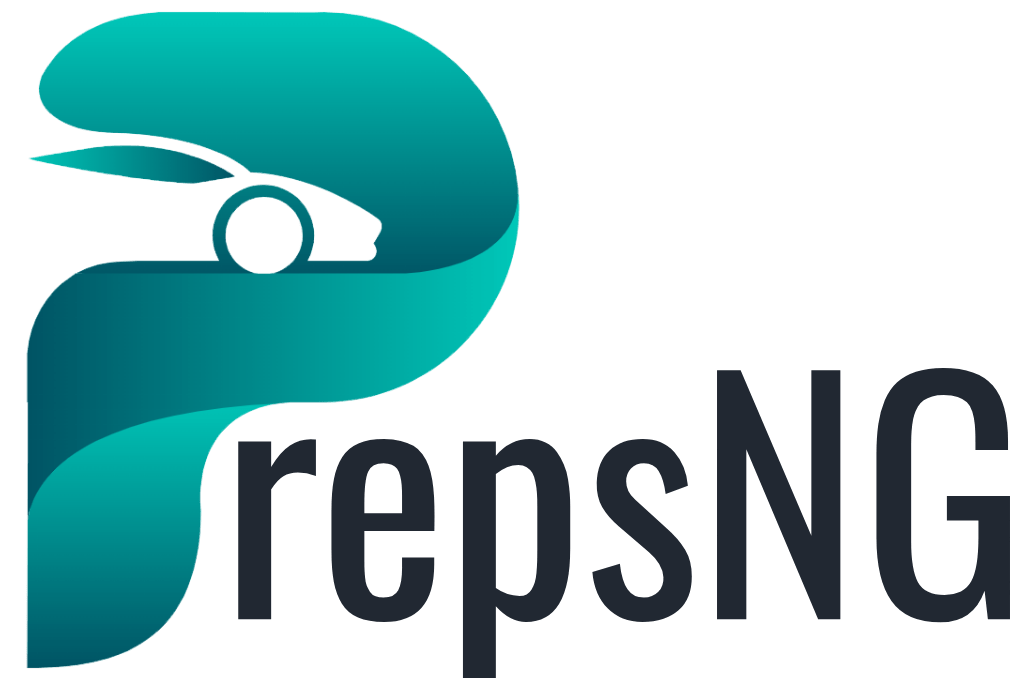
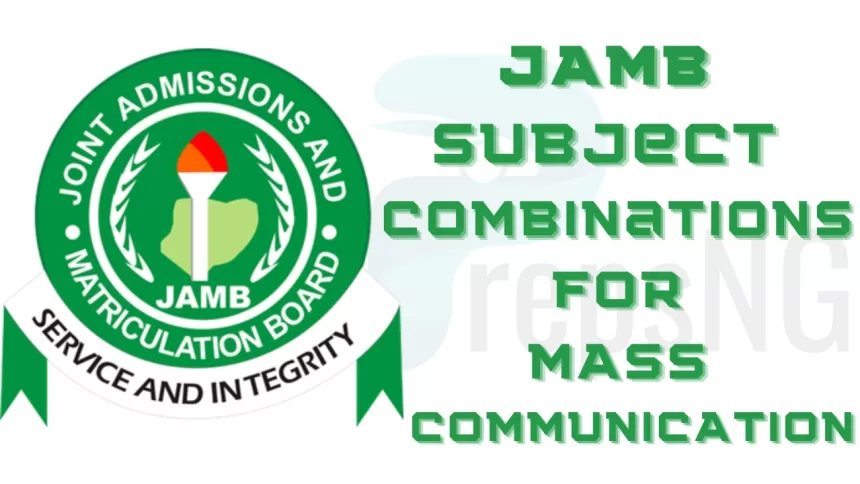
![KASU Admission Requirements [year]/[nyear]: Everything You Need to Know 2 KASU Admission Requirements](https://www.preps.ng/wp-content/uploads/2023/10/KASU-Admission-Requirements-150x150.webp)
![Babcock University Admission Requirements [year]/[nyear]: Everything You Need To Know 3 Babcock University Admission Requirements](https://www.preps.ng/wp-content/uploads/2024/01/Babcock-University-Admission-Requirements-150x150.jpg)



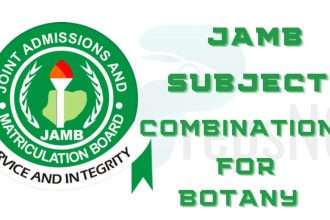
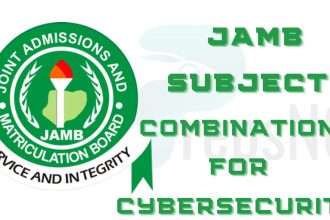
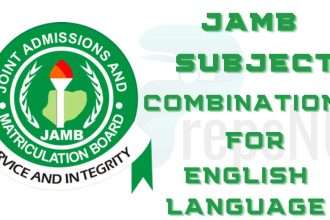
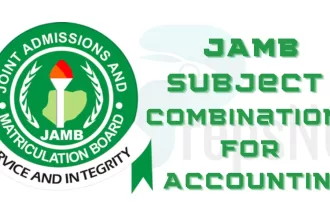




Can I use English, economic, government and literature for Mass communication in JAMB (ebsu)